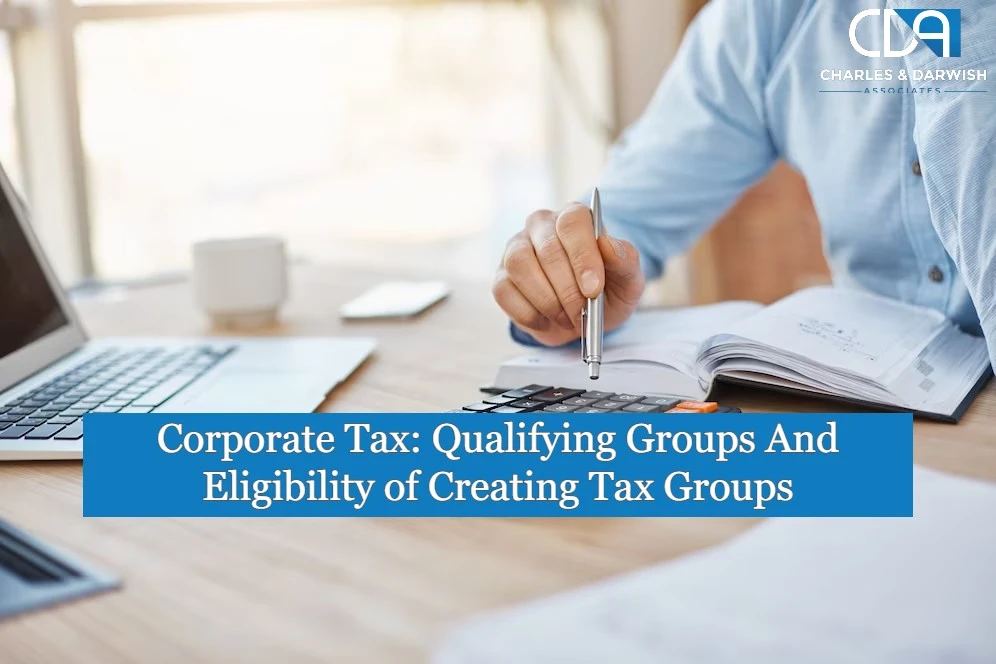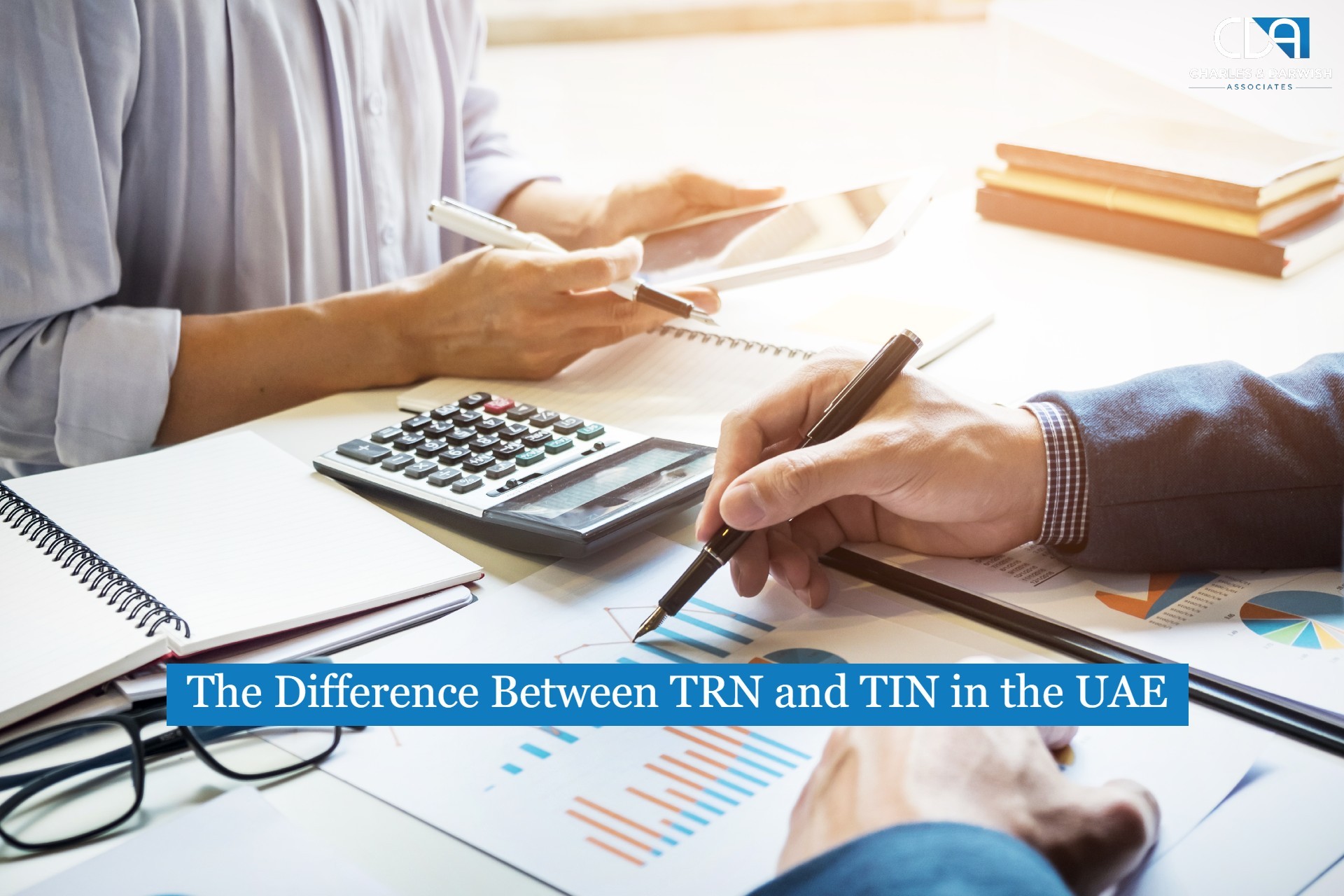Qualifying Groups Under UAE Corporate Tax And Eligibility of Creating Tax Groups
The UAE introduced a federal corporate tax effective June 1, 2023, to comply with global standards. One of the key aspects of the tax law is the provision related to tax group structures. The UAE CT framework defines two types of groups - Qualifying Group and Tax Group. While Qualifying Groups allow for limited consolidation, Tax Groups allow full consolidation and are treated as a single taxable entity.
A Qualifying Group can be formed between two or more entities if a person holds at least 75% direct or indirect ownership in each entity. However, approval from the Federal Tax Authority is not required for forming a Qualifying Group. The key benefits include transferring tax losses and assets between group members at book value without recognizing gains or losses.
However, each member will continue filing tax returns individually based on their standalone results. So, while Qualifying Groups provide limited benefits, full consolidation is not possible.
A tax group provides more significant benefits as it allows full horizontal consolidation. However, stricter criteria apply to form a Tax Group. A company must directly or indirectly hold at least 95% of voting rights in other entities to be eligible for a Tax Group.
You can also read: Importance of AML Compliance in UAE for Real Estate Sector
To qualify as a qualifying group, the companies must meet the following requirements:
- They must be UAE residents or have a permanent establishment in the UAE.
- At least 75% of the voting rights and share capital of each company must be owned by another company in the group.
- Each company must prepare its financial statements using the same accounting standards and have the same financial year.
- None of the companies in the group can be exempt from CT or a qualifying free zone person.
Once a qualifying group has been formed, the CT is calculated based on the group's overall profits rather than the profits of each individual company. This can result in significant tax savings for the group, especially if some of the companies in the group are making losses.
If any election regarding the transfer of the assets or liabilities under the qualifying group provision has been made, then such assets or liabilities held in the capital account transferred between the qualifying group members will be treated as being transferred at the net book value, as it may not result in any gain or loss.
While the taxable income is calculated, the depreciation or amortization will be excluded unless the assets or liabilities are sold to a third party, to the relative extent of the gain or loss incurred by the transferor, which was not subject to corporate tax as a result of the implementation of the relief under the qualifying group.
Eligibility of Creating Tax Groups
The UAE CT law has laid down strict eligibility criteria that must be satisfied to form a Tax Group. One of the primary requirements is the level of ownership and control between entities. As per the law, in order to form a Tax Group:
- A company should directly or indirectly hold at least 95% of the voting rights and the share capital of other entities it seeks to include in the Tax Group.
- The 95% voting rights threshold must be satisfied both at the beginning of the tax period and at the end of the tax period.
- The voting rights can be held directly by the company through shareholding. Or indirectly through other entities under its control.
- Entities wholly owned by individuals cannot form a Tax Group even if they are in the same business. Group ownership is needed.
However, not all companies are eligible to form a qualifying group under the UAE CT Law. The following companies are not eligible:
- Real estate investment trusts
- Qualifying free zone persons
- Exempt persons
In addition, the following companies may not be eligible to form a qualifying group, even if they meet the basic requirements:
- Companies that are involved in illegal activities
- Companies that are in financial difficulty
- Companies that have a history of non-compliance with tax laws
In addition, approval from the Federal Tax Authority (FTA) of the UAE is mandatory to form a tax group. Companies need to apply to the FTA seeking approval, providing details of member entities, and meeting the eligibility rules.
You can also read: Application of Tax Credits
The FTA is likely to consider factors like genuine business purpose, commercial rationale for consolidation, and ownership structure before approving a Tax Group. Ad-hoc arrangements created solely for tax benefits may not get approval.
The UAE CT Law provides several benefits for companies that form qualifying groups. These benefits include the ability to reduce their overall tax liability, to simplify their tax compliance, and to improve their financial reporting. If you are considering forming a qualifying group, you should contact the CDA for more information. By working with a qualified professional like CDA, you can ensure that your company is properly structured to take advantage of the benefits of forming a qualifying group.
How can CDA help you?
CDA being one of the best accounting and auditing firm in UAE has team of well-equipped experts who have complete knowledge of all the tax laws prevailing in the land, especially about the corporate tax which has been introduced recently. CDA’s team of proficient experts can mentor your firm to ensure compliance with the CT laws and assist in formulating stringent tax framework which can enable your firm to stay on the right path and get all the reliefs and benefits. Get personalized and custom-tailored package of services for your firm in UAE from the leading accounting and auditing team. To discover more about the services, approach our team anytime.

Mark Thompson
Full-stack Developer, Blogger, and Tech Enthusiast.
Mark specializes in digital marketing, SEO, and content strategy.













